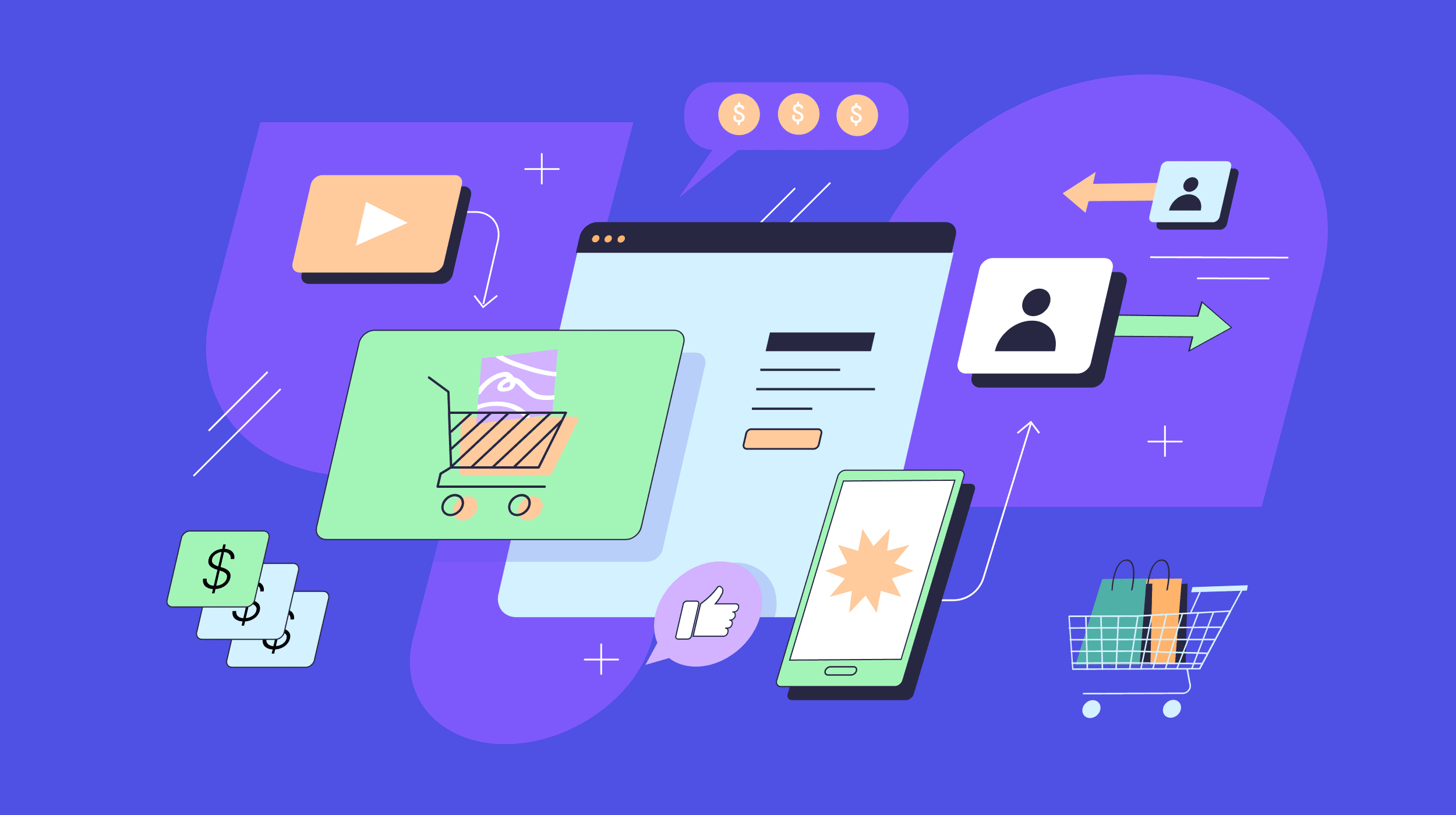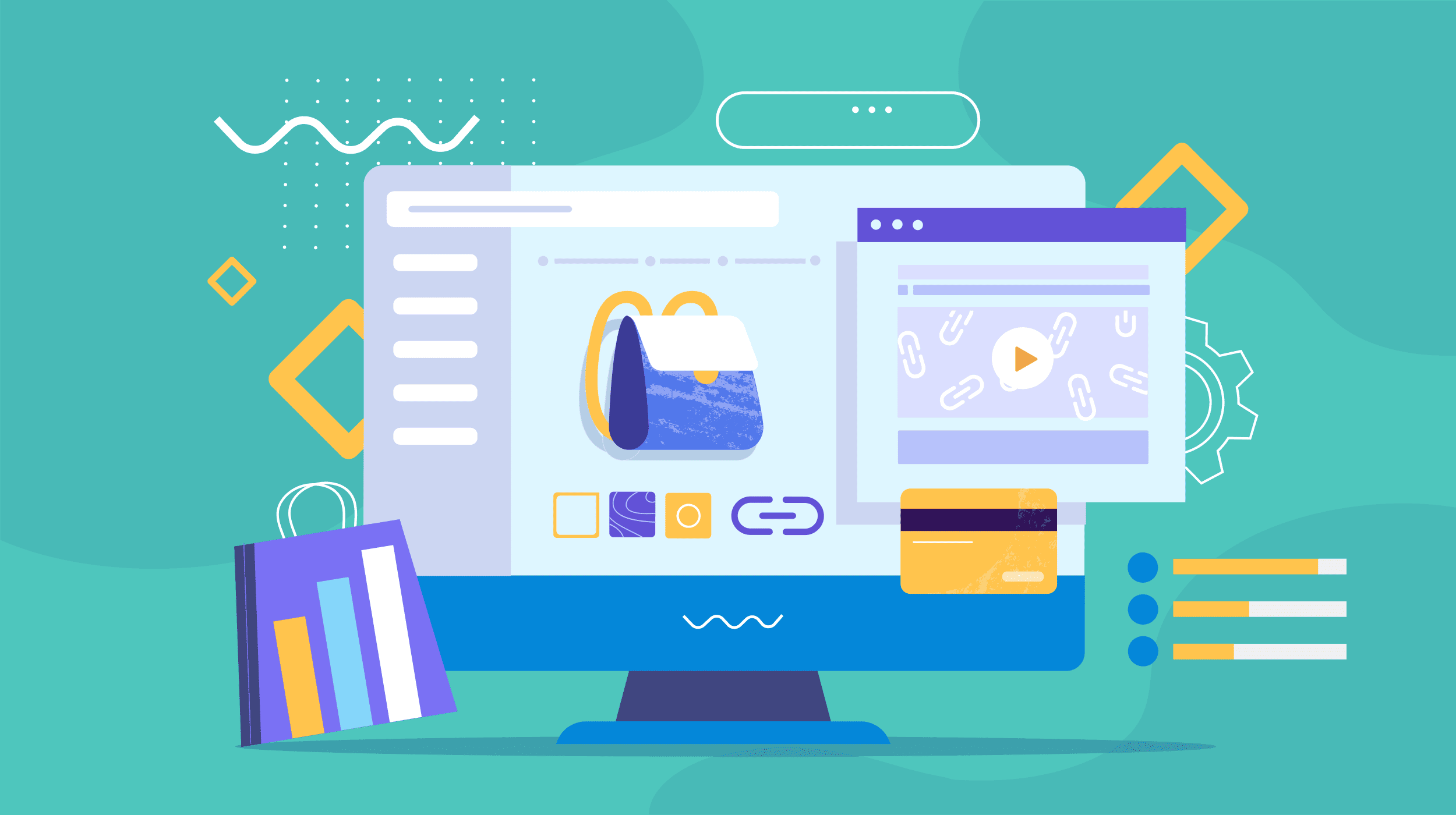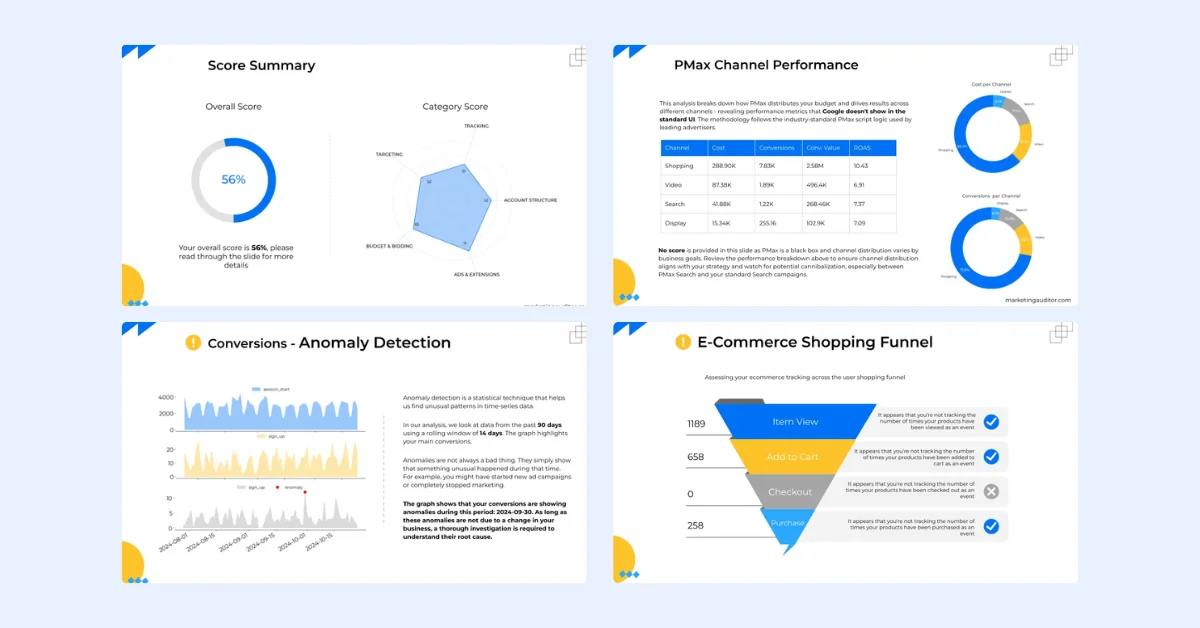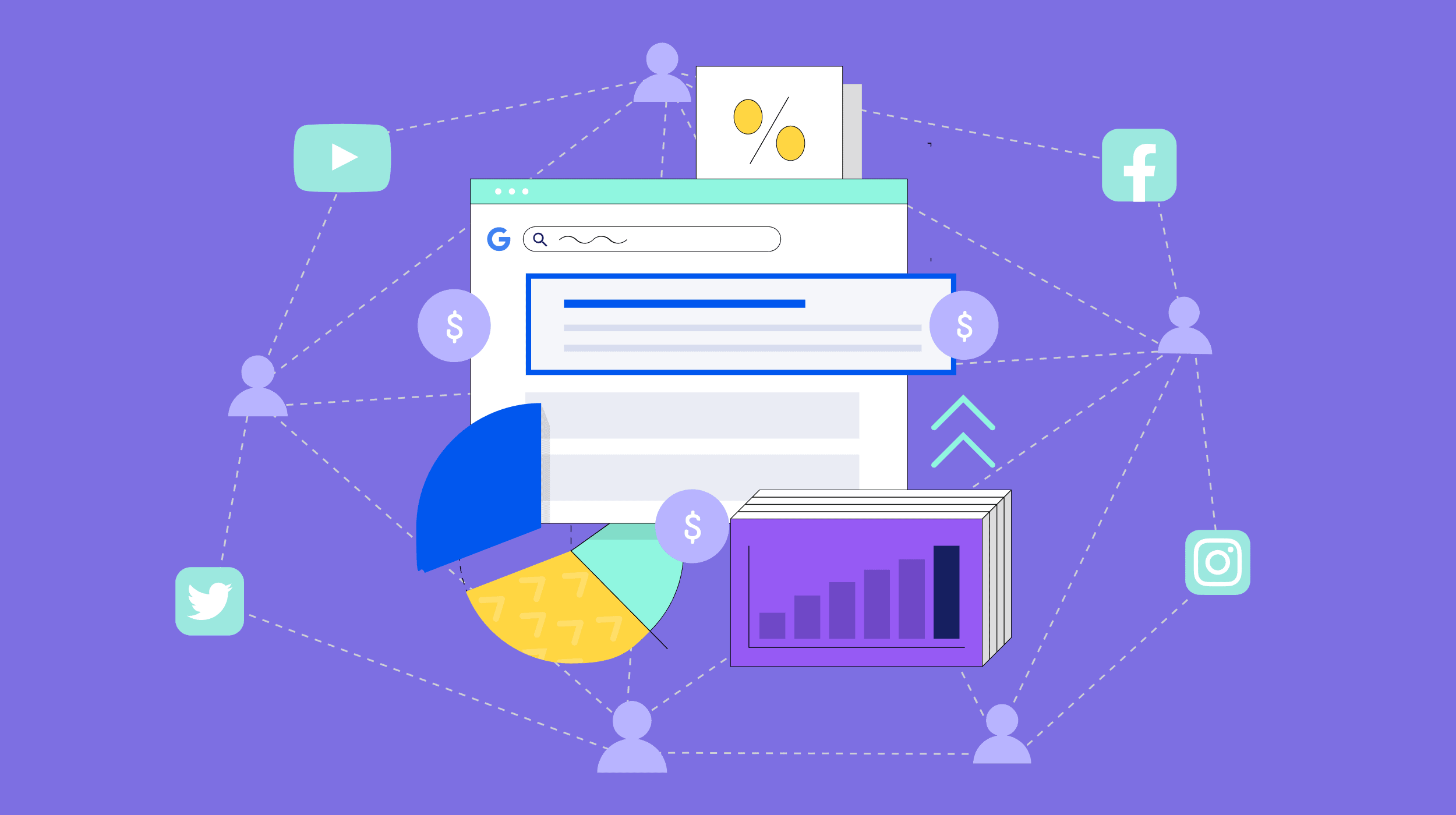Summary
The article provides a guide to 34 high-ticket affiliate marketing and partner programs for 2024. It covers how to start affiliate marketing and lists top programs across various categories. The guide also offers tips on finding more affiliate programs and emphasizes the importance of trust and authenticity in affiliate marketing.
To get started with affiliate marketing, follow these steps:
- Build an audience: Establish an online presence with a high-traffic website, an extensive email list, or influential social media status.
- Find products and services: Select those you can passionately promote to your audience.
- Sign up for affiliate and partner programs: These can be through the company or third-party affiliate platforms.
- Complete your application and affiliate profile: Provide details about your niche, website visitors, subscriber counts, and social platform reach.
- Share your custom affiliate or referral link: Segment your audience if necessary to promote targeted offers.
- Adhere to FTC and legal guidelines: Be transparent with disclosures for affiliate links and banners.
- Recommend products to new people: Engage on platforms like Twitter, Reddit, and Quora to drive traffic to your blog or social posts.
- Create content for businesses: Higher affiliate commissions are often earned through business sales.
- Monitor your affiliate dashboard and website analytics: Gain insights into your clicks and commissions.
- Adjust your affiliate marketing tactics: Optimize based on the most revenue-generating promotions.
The best high-ticket affiliate marketing & partner programs for 2024 include a variety of categories such as Productivity Software (e.g., Google Workspace Affiliate, Microsoft for Business Affiliate Program, Zoho), Project Management Software (e.g., Asana Partner Program, Monday.com, Teamwork), Marketing Research Tools (e.g., Semrush, Similarweb), Social Media Management Tools (e.g., Hootsuite, Sendible), Creative Content Platforms (e.g., Adobe Affiliate Program, Canva Empower Canvassador program, Shutterstock), Marketing Platforms (e.g., HubSpot, Salesforce), Website Builders (e.g., WordPress/Automattic, Squarespace, Wix), Ecommerce Platforms (e.g., Shopify, BigCommerce), Elearning & Online Courses (e.g., Coursera, Thinkific, Teachable), Email Marketing & Marketing Automation (e.g., ActiveCampaign, AWeber, Constant Contact), Web Hosting (e.g., DreamHost, Kinsta, Flywheel), and Tools For Privacy & Security (e.g., Sucuri, Smartproxy, ADT). These programs offer various commission structures, including high one-time payouts, recurring commissions, or both.
To find more affiliate marketing & partner programs, you can:
- Search for affiliate or referral programs: Look for programs related to products or services you have had positive experiences with.
- Search for partner programs: Consider products and services your organization uses and can recommend.
- Match products and services with your audience's needs: Explore affiliate platforms like Shareasale, Awin, CJ, PartnerStack, Rakuten, and FlexOffers.
- Follow influencers: See what products and services they recommend, as they may have affiliate or referral programs.
Diversifying the affiliate marketing programs you join is key to ensuring a continuous affiliate income, even if one company changes or ends its program.
Trust and authenticity are crucial in affiliate marketing because:
- Audiences must trust that your recommendations are sincere and be willing to click through your affiliate links.
- Being authentic in your promotion ensures that you are genuinely endorsing products and services that align with your personal and brand ethos.
- Promoting platforms and services you already use and love can be more convincing and lead to better conversion rates.
A strategic and authentic approach to affiliate marketing can enhance your digital footprint, provide value to your audience, and open up new revenue streams.











